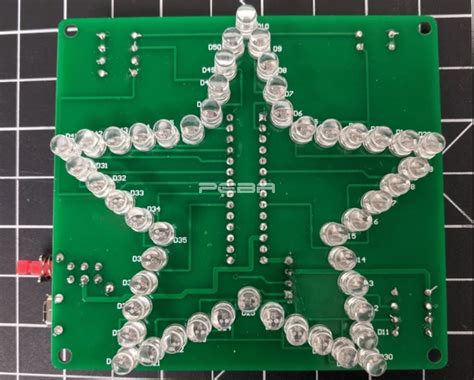
RF & Microwave Blog
-
What Is LED PCB
Posted by
–
 Read more: What Is LED PCB
Read more: What Is LED PCBIntroduction to LED PCB An LED PCB, or Light Emitting Diode Printed Circuit Board, is a specialized type of printed circuit board designed to efficiently power and control LED lights. LED-PCBs are widely used in various applications, from consumer electronics and automotive lighting to industrial and architectural illumination. The combination […]
-
Power Supply for Temperature Monitor
Posted by
–
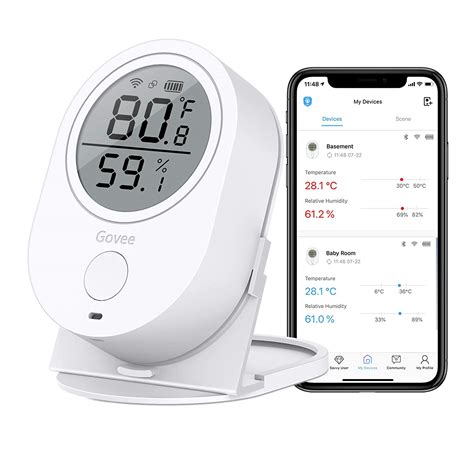 Read more: Power Supply for Temperature Monitor
Read more: Power Supply for Temperature MonitorFactors to Consider When Selecting a Power Supply Voltage and Current Requirements The first step in selecting a power supply for your temperature monitor is determining the voltage and current requirements of your components. Most temperature sensors and microcontrollers operate at low voltages, typically between 3.3V and 5V. You’ll need […]
-
Isola Adds PCB Certification
Posted by
–
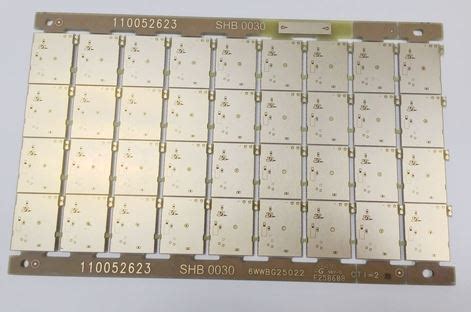 Read more: Isola Adds PCB Certification
Read more: Isola Adds PCB CertificationLeading Laminate Manufacturer Expands Capabilities with New Qualification Isola Group, a global leader in the manufacture of high-performance printed circuit board (PCB) materials, has announced the addition of PCB certification to its extensive list of capabilities. This new qualification allows Isola to provide end-to-end solutions for customers, from the production […]
-
PCB Grounding Techniques
Posted by
–
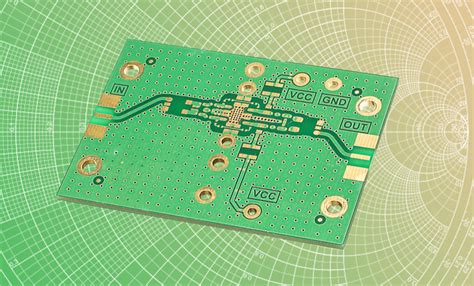 Read more: PCB Grounding Techniques
Read more: PCB Grounding TechniquesUnderstanding the Importance of PCB Grounding What is PCB Grounding? PCB grounding refers to the practice of creating a low-impedance path for electrical currents to return to their source, typically the power supply or ground plane. By providing a stable reference point, grounding helps to maintain signal integrity and prevent […]
-
Arduino Mega256
Posted by
–
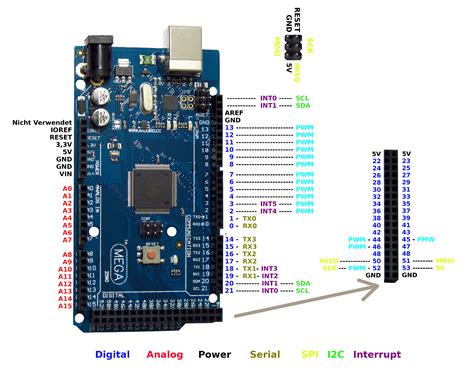 Read more: Arduino Mega256
Read more: Arduino Mega256Introduction to the Arduino Mega2560 The Arduino Mega2560 is a powerful and versatile microcontroller board that has captured the hearts of hobbyists, developers, and engineers alike. With its sleek design and impressive capabilities, this board is not only a workhorse but also a true eye-candy in the world of electronics. […]
-
RoHS Influence PCB Industry
Posted by
–
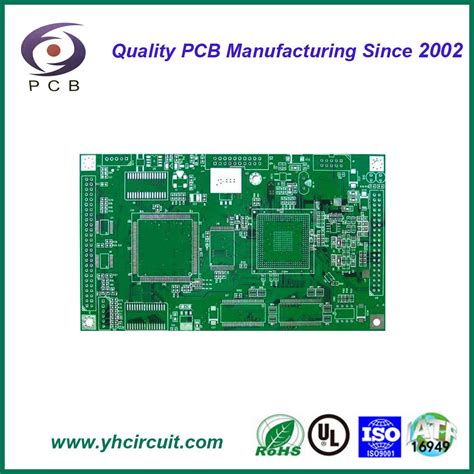 Read more: RoHS Influence PCB Industry
Read more: RoHS Influence PCB IndustryIntroduction to RoHS and its Impact on the PCB Industry The Restriction of Hazardous Substances Directive (RoHS) is a European Union (EU) regulation that restricts the use of certain hazardous substances in electrical and electronic equipment (EEE). The directive was first introduced in 2002 and has since undergone several revisions […]
-
Japan Electronics Industry Into a Trade Deficit
Posted by
–
 Read more: Japan Electronics Industry Into a Trade Deficit
Read more: Japan Electronics Industry Into a Trade DeficitOverview of Japan’s Electronics Industry Japan has long been known for its thriving electronics industry, with globally recognized brands such as Sony, Panasonic, Toshiba, and Hitachi. The country’s reputation for producing high-quality, innovative electronic products has made it a major player in the global market. However, in recent years, Japan’s […]
-
Load Tester Main
Posted by
–
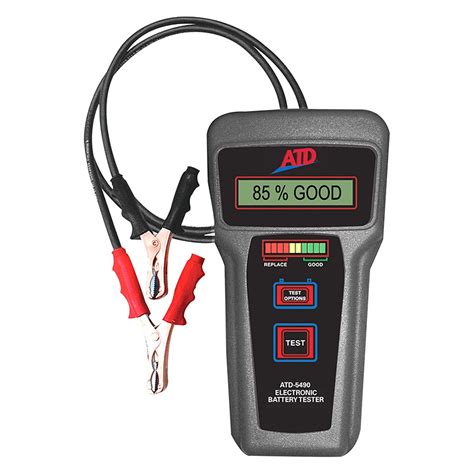 Read more: Load Tester Main
Read more: Load Tester MainWhat is Load Testing? Load testing is a type of performance testing that evaluates how a system performs under normal and peak load conditions. The goal is to identify performance bottlenecks before the software application goes live. A load tester tool simulates multiple users accessing the application simultaneously. It measures […]
-
Shredmaster guitar pedal
Posted by
–
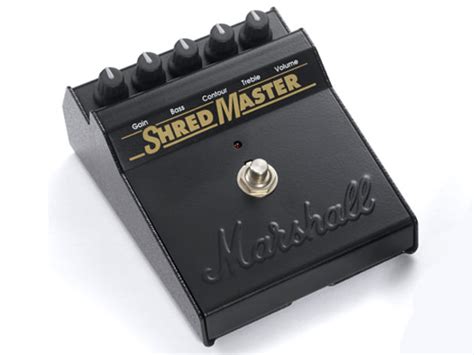 Read more: Shredmaster guitar pedal
Read more: Shredmaster guitar pedalIntroduction to the Shredmaster Pedal The Shredmaster pedal is a legendary guitar effect that has been favored by countless guitarists since its introduction in the 1990s. Designed to deliver high-gain distortion and sustain, this pedal has become a staple in the rigs of rock, metal, and blues guitarists alike. In […]
-
How to generate Gerber file from AutoCAD
Posted by
–
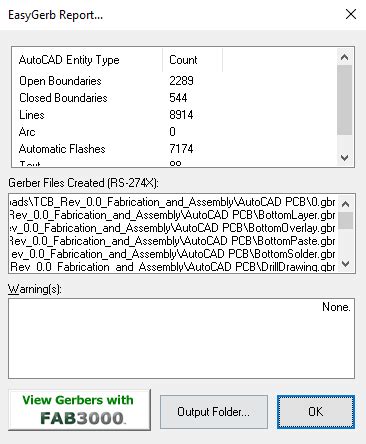 Read more: How to generate Gerber file from AutoCAD
Read more: How to generate Gerber file from AutoCADWhat is a Gerber File? Gerber files, also known as Gerber X2 or Extended Gerber format, are the most widely used data format to describe the printed circuit board images: copper layers, solder mask, legend, etc. A Gerber file is a 2D binary vector image description format: it basically contains […]
Recent Posts
- How to Select Material for Your PCBs from Cost and Reliability Considerations
- Problems of EMC Technology Application in PCB Design of Electronic Devices and the Strategies
- Fabrication Technology on Flex-Rigid PCB Window
- Problems of High-Frequency and High-Speed Multilayer PCB Fabrication and Their Solutions
- Key Difficulties and Tips for Backplane PCB Fabrication